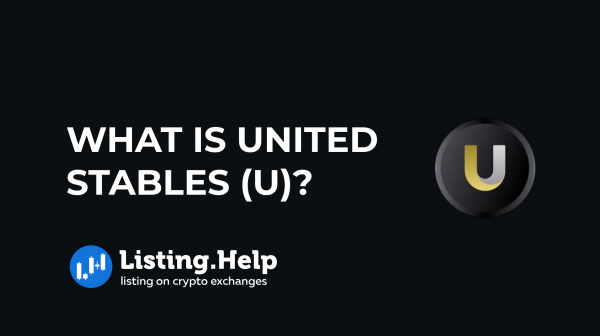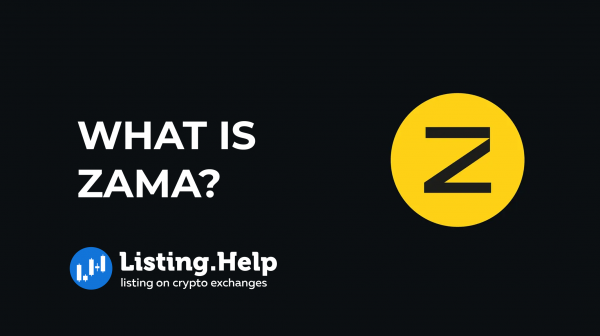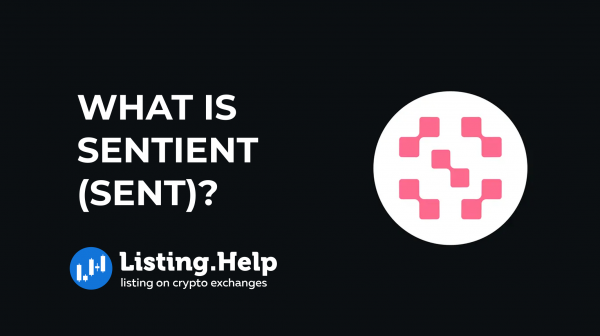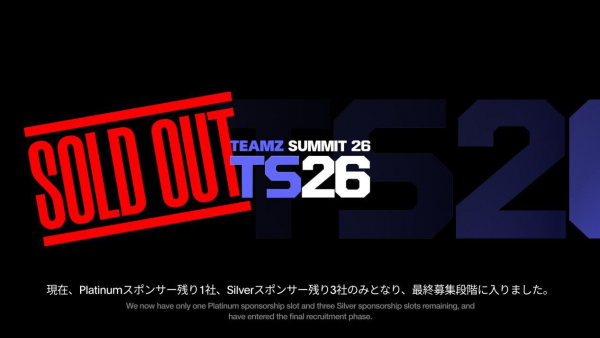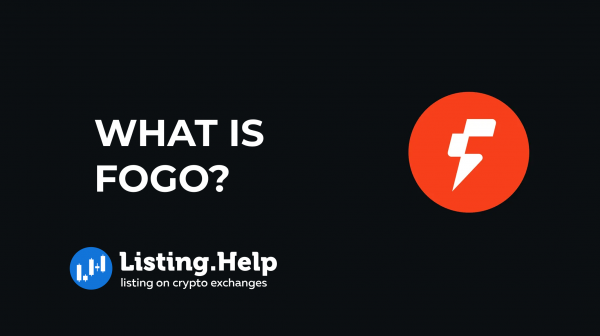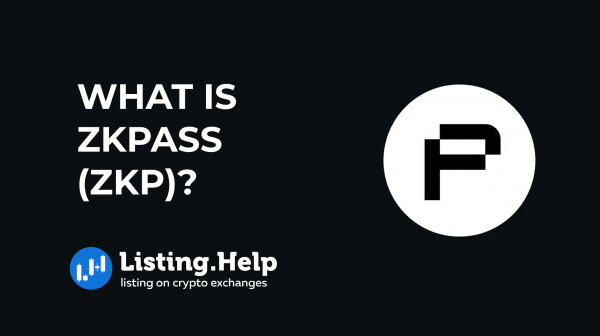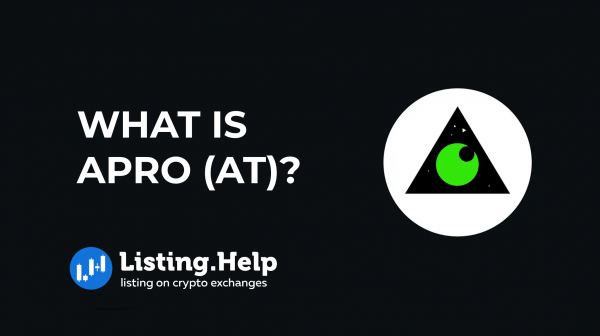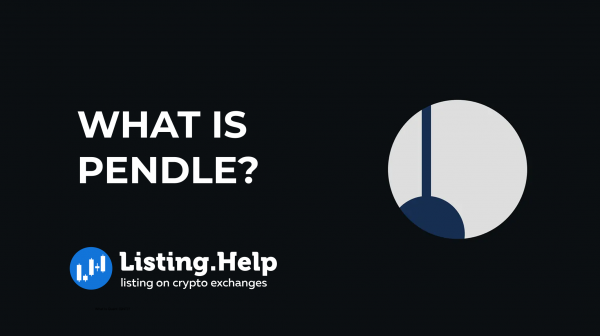What is Towns Protocol (TOWNS)?
 August 10, 2025
August 10, 2025 Updated: August 10 2025, 06:23
Updated: August 10 2025, 06:23
LEAVE A REQUEST
Launching your own token project? Our experts are ready to help with listing on exchanges, market making, marketing and other solutions
SUBMIT APPLICATIONUnlike traditional platforms that rely on algorithms and central moderators to manage activity, Towns gives users direct control over their own communities. With its TOWNS token, support from respected investors, and a flexible, modular design, Towns Protocol is built to support communication and collaboration on-chain in a way that fits the evolving Web3 landscape.
What is Towns Protocol?
Towns Protocol is an open-source system built for decentralized messaging. It brings together an Ethereum Layer 2 network (Base), off-chain nodes called Stream Nodes, and smart contracts to power private, encrypted group chats.
Through Towns, anyone can create what’s called a Space — a customizable group with on-chain access control, a built-in reputation system, and secure messaging. Each Space exists on-chain and belongs to its creator, who decides how it works: setting rules, prices for access, and who can join or moderate.
Key Features of Towns
1. Spaces you control Each Space is its own on-chain item (an ERC-721 token) that belongs to whoever created it. That person decides how people join, what permissions they have, and how the Space operates. Spaces can also be transferred, shared with DAOs, or plugged into other decentralized apps.
2. On-chain access passes To join a Space, you need a membership token. It works like a subscription and usually lasts about a year. Members can renew before their access runs out. This system keeps things fair, especially as interest grows, and lets creators manage supply and pricing using smart contracts. Access can also be linked to owning other blockchain assets.
3. Private messaging by default Messages sent inside a Space are encrypted from end to end. Only the people meant to read them can see them. Even the infrastructure that handles the data — like the Stream Nodes — can’t access message contents.
4. Built for scale with Layer 2 Towns uses Base, an Ethereum Layer 2 chain built with OP Stack. This means it can rely on Ethereum’s security while processing messages more efficiently and at lower cost. A decentralized network of Stream Nodes handles message routing and storage without needing a central authority.
5. Community-run governance Towns is overseen by a decentralized organization called Towns DAO (Towns Lodge). Here, community members — including Space creators, node operators, and token holders — can vote on how the protocol evolves. The TOWNS token is used for staking, delegating, collecting fees, and participating in decisions.
Towns Protocol History
Towns Protocol was built with a clear purpose: to support advanced decentralized apps without losing the principles that matter — security, transparency, and user control. The initial work was led by Here Not There Inc., but a major shift happened in late 2024 when the River Eridanus Association was formed. That independent organization now oversees the protocol’s growth and long-term decentralization.
Since then, Towns has made steady technical progress. It launched its own Layer 2 blockchain, rolled out apps for both web and iOS, and brought 30 decentralized stream nodes online through 10 separate operators. On the financial side, the team has raised $46.3 million across several rounds and generated protocol revenue as adoption has grown — clear signals of support from both investors and the broader community.
Governance has also matured. The Towns Lodge DAO was designed to reflect the needs of different participants — from Space creators and node operators to token holders. Its structure includes more advanced tools for managing proposals and making decisions collectively, without giving too much control to any single group.
How Towns Protocol Works?
Towns is a decentralized system built for online communication, using Base Layer 2 to support smart contract-based communities. It lets users set up programmable Spaces — online groups where access, moderation, and rules are all enforced directly through code on the blockchain. These Spaces function through a two-layer system: Ethereum smart contracts handle permissions, payments, and governance, while actual messaging is processed off-chain to keep things fast and responsive. This setup gives users control and ownership without slowing everything down.
Access to a Space can be based on holding specific tokens or NFTs. Communities can charge recurring fees, create voting systems, or apply their own moderation rules. The system runs on the TOWNS token, which helps manage access, voting, staking rewards, and overall protocol health. A portion of the fees collected from paid Spaces is used to buy and burn TOWNS tokens, which helps manage supply. Developers can also use Towns’ SDK to build chat features into any Web3 product — DAOs, NFT platforms, and more.
Compared to platforms like Discord or Telegram, where data is stored centrally and moderation is handled by the platform itself, Towns shifts all that to the blockchain. Smart contracts set the rules, not companies. The system is built to protect privacy, reduce censorship, and give real ownership back to communities. Messaging is encrypted, and all logic is enforced with cryptographic guarantees.
What is the TOWNS Token?
TOWNS is an ERC-20 token on Ethereum and bridged to Base. It plays several roles in how the protocol works:
- Staking & Delegation: Token holders can support Spaces or Node Operators by delegating their tokens.
- Governance: Holders vote on upgrades, economic changes, and protocol decisions.
- Token Economics: TOWNS starts with an 8% annual inflation rate, dropping over time to 2%, with all changes controlled through governance.
- Rewards: Inflation rewards are distributed every two weeks to Node Operators and those who stake with them.
The TOWNS token is listed on many platforms, including BingX, Uniswap, Binance Alpha and Weex. If you’re looking to list your token on similar platforms, understanding the token listing process and crypto exchange listing fees is essential.
Use Cases for Towns Protocol
Towns is designed to support more than just basic chat. Its structure makes it a strong foundation for different types of decentralized coordination.
- Community Management Creators can build Spaces that handle membership levels, voting, and treasury functions. There’s no risk of outside moderation or policy changes taking control away.
- Web3 Collaboration Teams can create private, token-gated groups where access is tied to wallet holdings or credentials. Smart contracts handle permissions without relying on admins.
- Social Networks with Built-in Tokens Creators can build token-based communities, reward engagement, and set up direct financial relationships with their followers. Everything is on-chain and configurable.
- Governance for DAOs Towns can be used by DAOs for organizing proposals, discussions, and votes. It ties together off-chain communication and on-chain decision-making in one place.
- Cross-Chain Spaces Projects working across different blockchains can create shared communities that recognize assets from multiple networks. This removes the barriers of single-chain systems.
Conclusion
Towns gives communities a new way to talk, coordinate, and manage themselves — fully on-chain. With encrypted messaging, flexible rules, and no central control, it offers something different from typical messaging platforms.
Backed by Ethereum’s security and the performance of Layer 2, Towns creates a space where communication is owned and governed by the people using it — not a platform.

For more insights and updates on the crypto world, don’t forget to check out our blog at Listing.Help.




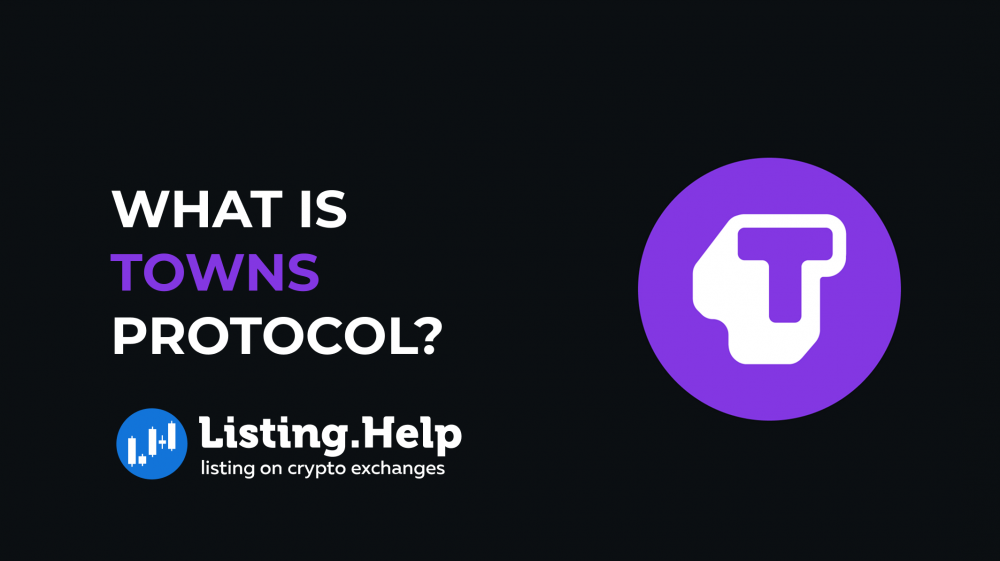

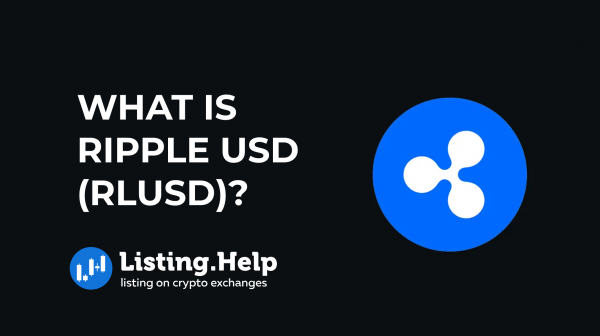
 March 4, 2026
March 4, 2026 